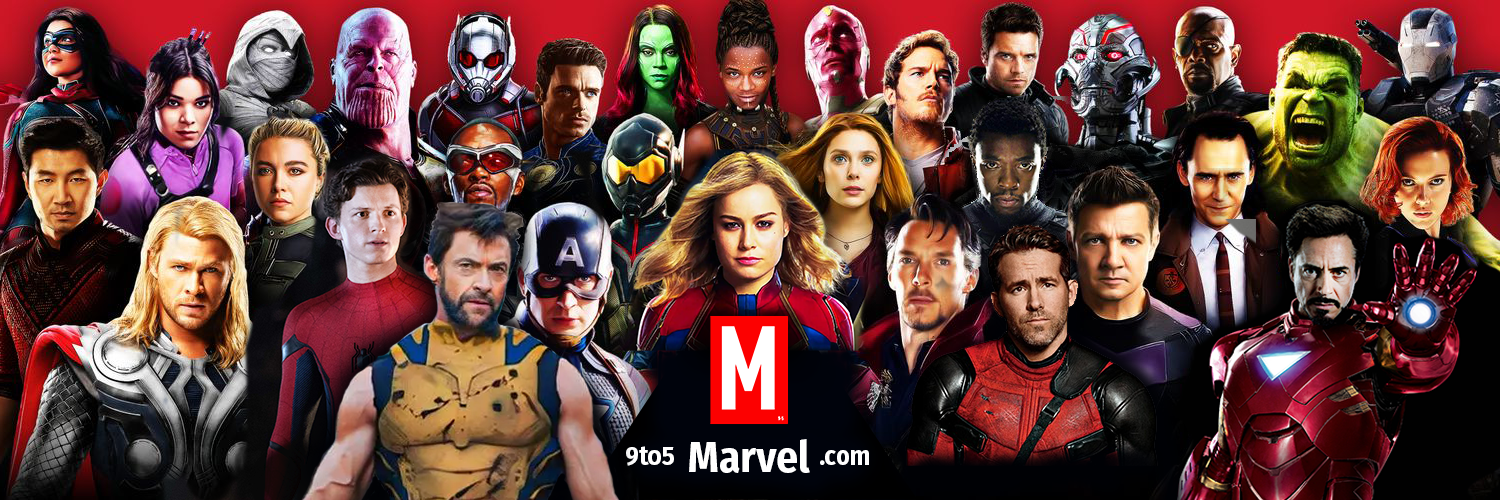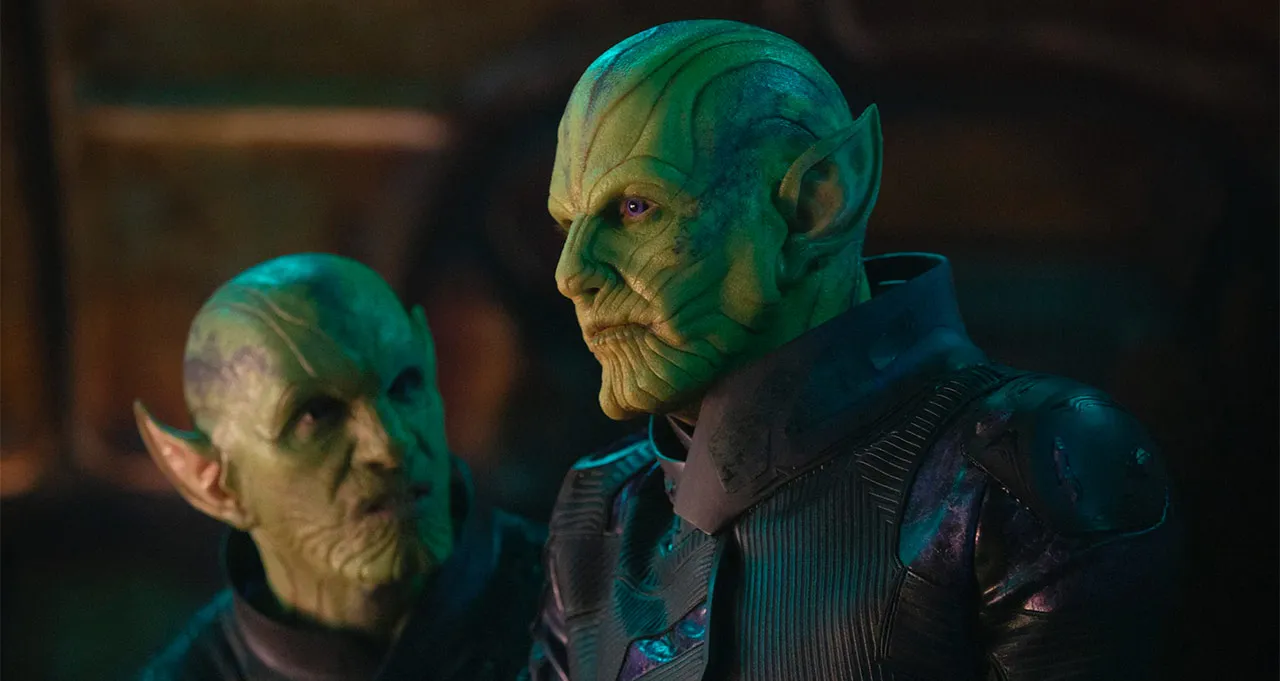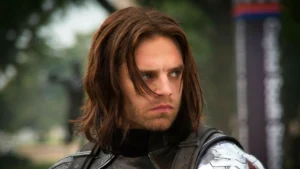Most of the time, the antagonists in the Marvel Cinematic Universe follow the same worn-out villain cliches. Many of them make poor fathers, and others possess the same superpowers as the hero but are more wickedly inclined. Secret Invasion and other programmes have recently used a contentious cliche that isn’t as progressive as the MCU believes it is in an effort to make the villains likeable. The cliche at question is the evil refugee trope, which has been used extensively in films like Secret Invasion, The Marvels, and Falcon and the Winter Soldier. It portrays the bad guys as dispossessed immigrants inhabiting the “good guys'” residence and committing heinous crimes like murder and torture to claim it as their own. There’s little doubt that Secret Invasion tried to give the Skrulls a smart spin in a contentious political environment when foreign policy are hotly contested. However, it ultimately simply ended up being appropriate for the Bush era comics adaption that it is.
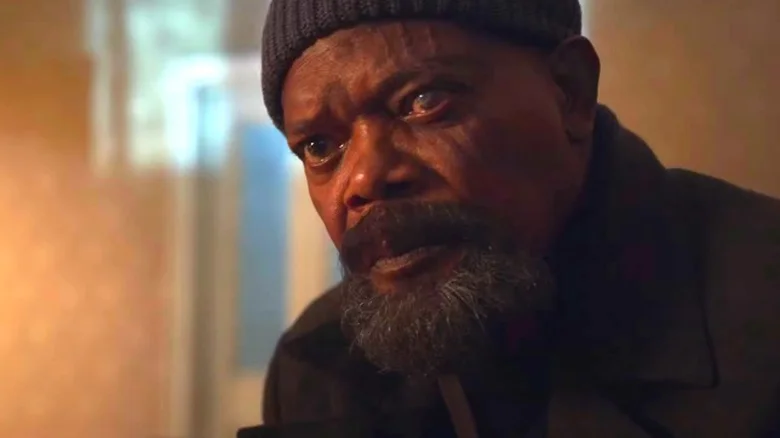
As an illustration, consider how the Skrulls, who were formerly portrayed in Captain Marvel as war-torn refugees, have abruptly switched to the villainous side. Frustration on their part is reasonable given that it has been decades since they lost their house and that nothing has been done to find a new one. Nick Fury and the others should be held accountable for it as they didn’t keep their end of the bargain. But it doesn’t look good when the only people fighting for a new home are the ones bombing cities and orchestrating an American-Russian conflict. Even Talos, the supposedly “good” Skrull, has made no attempt to provide a new home for his people. Although it is mentioned in the past tense, it appears that he has given up since then. Sadly, Secret Invasion’s portrayal of the Skrulls conveys the notion that the majority of “homeless refugees” engage in terrorism and that the “good guys” are actually government operatives. The idea that the state’s agents are officially to blame for leaving the Skrulls without a home hardly raises an eyebrow. Considering that ad debuted the day after National Refugee Day, it is a conservative political tactic that feels particularly disgusting.
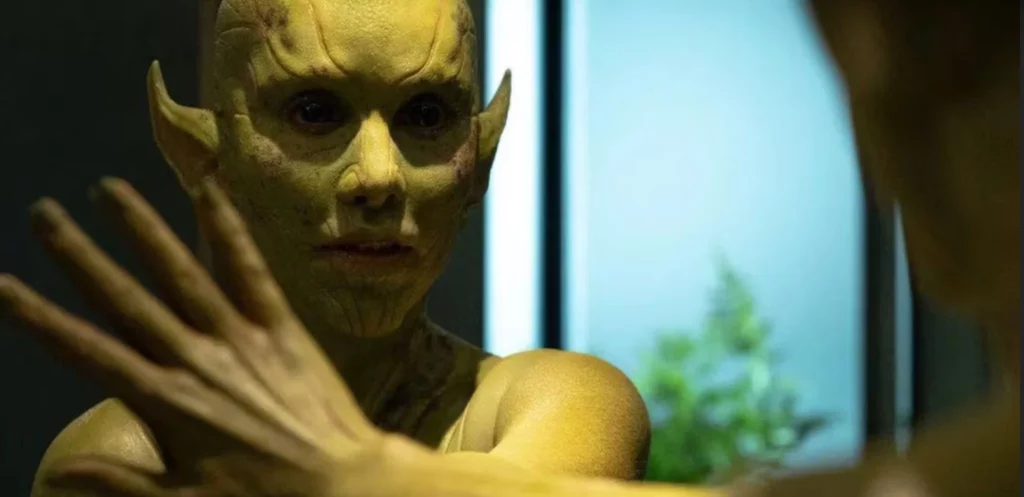
The argument put out by Secret Invasion is that Gravik’s gang is the exception that evolved into an extreme extremist group. There is no genuine choice, as was previously indicated with regard to Talos, but to think there are decent Skrulls. There is no one in Gravik’s inner circle who is pushing for a less cruel strategy; Talos is more interested in aiding humanity than in finding a way to appease the Skrulls. Gravik may still be won over even if neither of these tactics succeeded, but at least it would demonstrate that not all Skrulls are bad and, hence, not all refugees are terrorists.
For example, DC’s Peacemaker handled its adversary, the Butterflies, with care by giving them the subtlety that Secret Invasion lacked in their portrayal. Initially, the Butterflies came to Earth because their home world was inhospitable. But when they arrived on Earth, they saw that people had neglected to take care of it. They took over humans to help keep both species alive and pledged to never allow what happened to their world happen on Earth. Murn’s well-intentioned attempts to repair the Butterflies’ errors revealed their convoluted and nuanced motivations. In contrast, Skrulls are the result of suspicion and finger-pointing, which is extremely problematic given Captain Marvel’s favourable portrayal of them. It’s troubling to discover the underlying xenophobic theme of Secret Invasion in only the first episode. The duality of the Skrulls, which the show seems to be setting up with G’iah, may be revealed in due course. However, Secret Invasion has a huge hill to climb out of due to the tone-deaf usage of artificial intelligence in its opening titles, fridging Maria Hill (a female character who is undeveloped), and portraying the Skrulls as bad immigrants.
